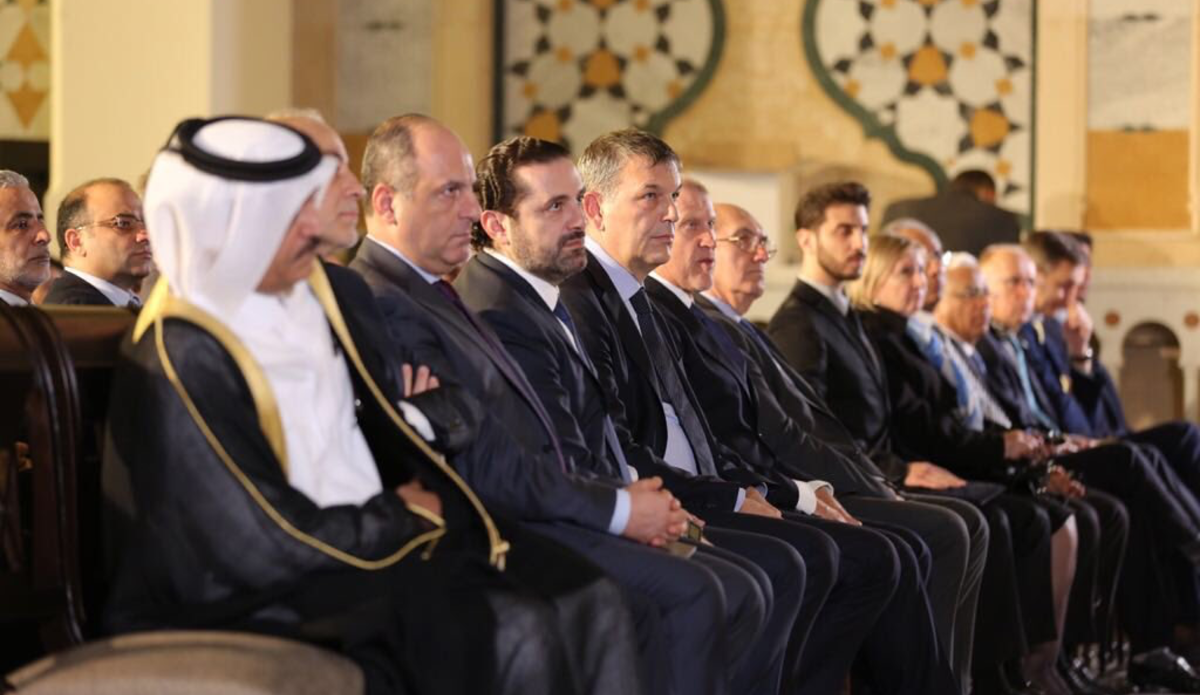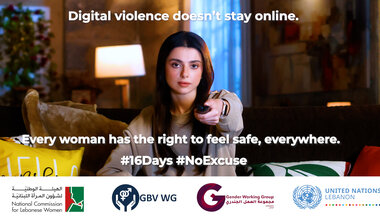2018 Lebanon Crisis Response Plan Appeals for $2.68 billion
Today Prime Minister Saad Hariri, together with UN Resident and Humanitarian Coordinator Philippe Lazzarini and Minister for Social Affairs Pierre Bou Assi, launched the 2018 update of the Lebanon Crisis Response Plan (LCRP) 2017-2020.
As the conflict in Syria approaches its eighth year, the Government of Lebanon and its national and international partners appealed for US$ 2.68 billion to provide critical humanitarian assistance as well as invest in Lebanon’s public infrastructure, services and local economy.
The LCRP brings together more than 123 partners to assist 2.8 million highly vulnerable people living in Lebanon. It aims to provide protection and immediate relief assistance to 1.9 million Syrian refugees, vulnerable Lebanese and Palestine refugees; deliver basic services to 2.2 million people; and invest in Lebanon’s infrastructure, economy and public institutions.
The generous support for the LCRP – one of the best-funded crises in the world – has allowed partners to avoid a sharp deterioration in humanitarian conditions and the country’s infrastructure, and to make a real difference for hundreds of thousands of desperately vulnerable families. In 2017, 1.3 million people got access to safe water; 870,000 received food assistance;1.2 million free or subsidized medical consultations were provided; and more than 400,000 children – both Syrian and Lebanese – were enrolled in school thanks to LCRP projects, among many other achievements.
A resilient Lebanese society has so far prevailed, and intercommunity relations have remained stable. However, resources are insufficient to keep up with the constantly-rising challenges. Seven years into this protracted crisis, refugees’ vulnerabilities are steadily increasing along with the exhaustion of host communities. Currently, 1.5 million Lebanese live below the national poverty line, of whom 470,000 are children. Displaced Syrian households and Palestine Refugees from Syria are suffering the impact of protracted displacement and sinking deeper into debt. 76% of Syrian families are now living below the poverty line of USD 3.84 a day, along with 65% of Palestine Refugees in Lebanon. As the vulnerability of families worsens, tensions between communities are rising, with only 2% of Lebanese not reporting any inter-community tensions.
“Preserving the stability of Lebanon means preserving tolerance, diversity and stability in the region. More than ever, international solidarity needs to match the hospitality of Lebanon as host country. No country in the world can – or should – carry alone the challenge that Lebanon is facing. Responsibility-sharing with Lebanon is key”. said UN Resident and Humanitarian Coordinator Philippe Lazzarini.
For his part, Minister for Social Affairs Pierre Bou Assi said: “Together, we have been working to preserve the dignity of those who have been suffering the most from the impact of displacement on their lives… both Syrian and Lebanese.”
Prime Minister Saad Hariri said: “A lot has been said about the return of the refugees. My government's position is very clear, nobody is going to force anyone to go back if they do not want to go back. We will respect international law, we believe they should go back as soon as the conditions are right, we will work with the UN for that because it is the right thing to do."
The LCRP 2017-2020 is the key tool of the response to the crisis in Lebanon. As well as providing protection and assistance to the most vulnerable – including Syrian displaced, Palestinian refugees, and Lebanese – the LCRP plays a central role in supporting Lebanon’s public services and reinforcing the country’s stability.
 UN
UN





